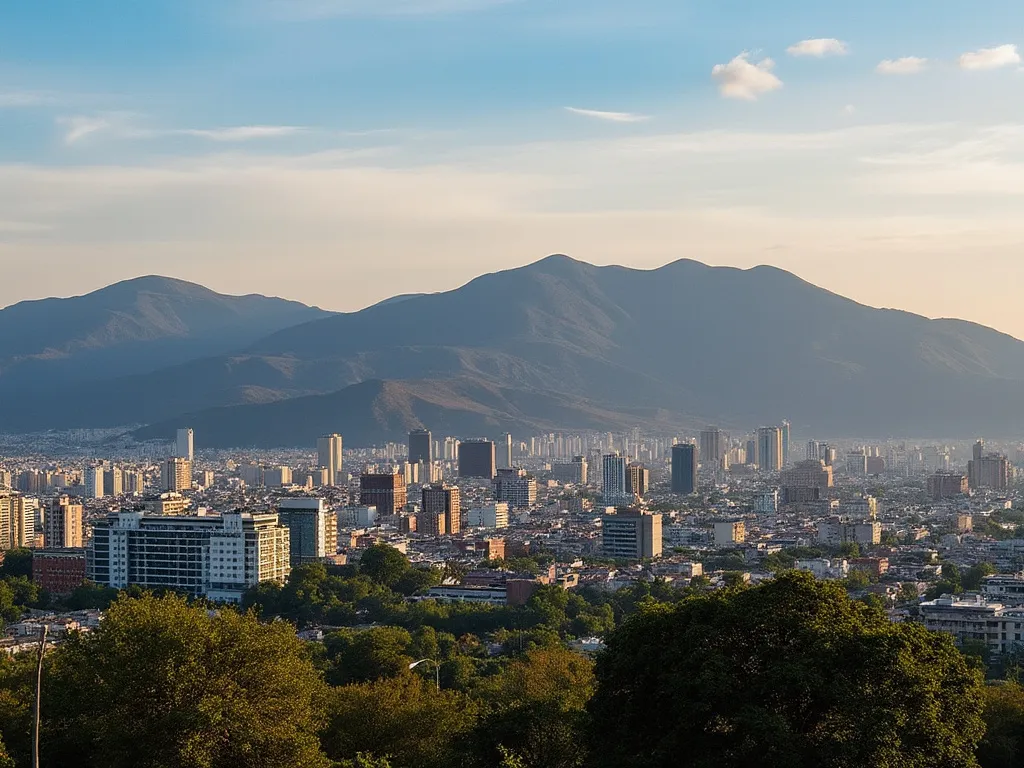
Islamabad, the capital city of Pakistan, is a vibrant and modern metropolis nestled in the foothills of the Himalayas. Founded in 1961, the city was built to replace Karachi as the country's capital, and since then, it has become a thriving hub of politics, culture, and economy.
Islamabad Information
| Country | 🇵🇰 Pakistan |
| City Population | 1.9 million |
| City Coordinates | 33.7294° N, 73.0931° E |
| City Area | 906 km² |
| Climate | Humid subtropical |
| Language | Urdu, English |
| Currency | Pakistani rupee |
| Time zone | PKT (UTC+5) |
| Proximity to other major cities | Rawalpindi (15 km), Lahore (375 km), Karachi (1430 km) |
Historical Background of Islamabad
The city's history dates back to the 14th century, when the Mughal Empire ruled over the region. However, the modern city of Islamabad was built from scratch in the 1960s, with the help of international architects and planners. The city was designed to be a symbol of national pride and a representation of Pakistan's rich cultural heritage.
Geographical Location of Islamabad
Islamabad is situated in the northwestern part of Pakistan, in the province of Islamabad Capital Territory. The city is located at the foothills of the Margalla Hills, and its elevation ranges from 457 to 610 meters above sea level. The city's unique location provides a breathtaking view of the surrounding mountains and valleys.
Cultural Significance of Islamabad
Islamabad is a city that proudly showcases Pakistan's rich cultural heritage. The city is home to numerous museums, galleries, and cultural institutions, including the National Art Gallery, the Pakistan Monument, and the Lok Virsa Museum. The city also hosts several cultural festivals throughout the year, including the Islamabad International Film Festival and the Pakistan National Day celebrations.
Economic Importance of Islamabad
Islamabad is a major economic hub in Pakistan, with a strong focus on services, finance, and technology. The city is home to several multinational companies, including IT firms, banks, and telecommunications companies. The city's strategic location and modern infrastructure make it an attractive destination for businesses and investments.
Interesting Facts About Islamabad
- The city's name "Islamabad" means "City of Islam" in Urdu.
- The city is home to the Quaid-e-Azam University, one of the top-ranked universities in Pakistan.
- The city has a unique urban planning design, with a focus on green spaces and public parks.
- The city is home to the Pakistan National Council of the Arts, which promotes arts and culture in the country.
Tourist Attractions in Islamabad
- The Pakistan Monument, a national monument that represents the country's history and culture.
- The Faisal Mosque, one of the largest mosques in the world, designed by Turkish architect Vedat Dalokay.
- The Margalla Hills National Park, a protected area that offers hiking trails, picnic spots, and scenic views.
- The Lok Virsa Museum, a museum that showcases Pakistan's cultural heritage and traditional crafts.
Conclusion on Islamabad
Islamabad is a city that beautifully blends modernity with tradition, offering visitors a unique experience that reflects the rich cultural heritage of Pakistan. With its stunning architecture, vibrant culture, and breathtaking natural beauty, Islamabad is a city that captivates the hearts of all who visit.
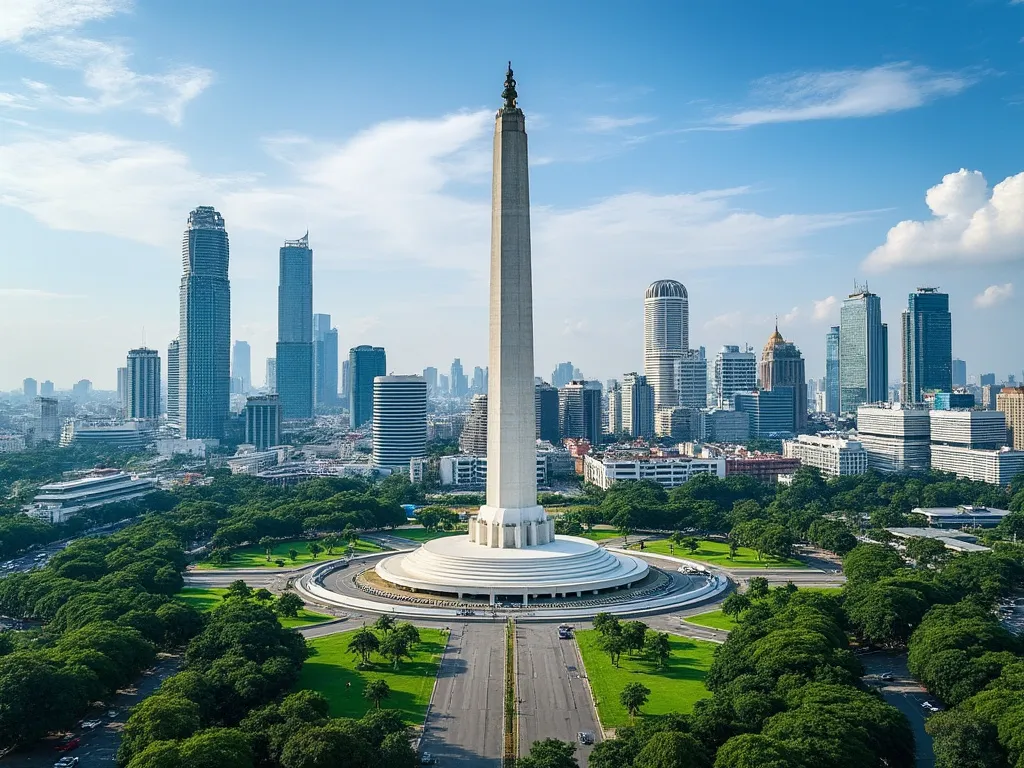 Jakarta
Jakarta
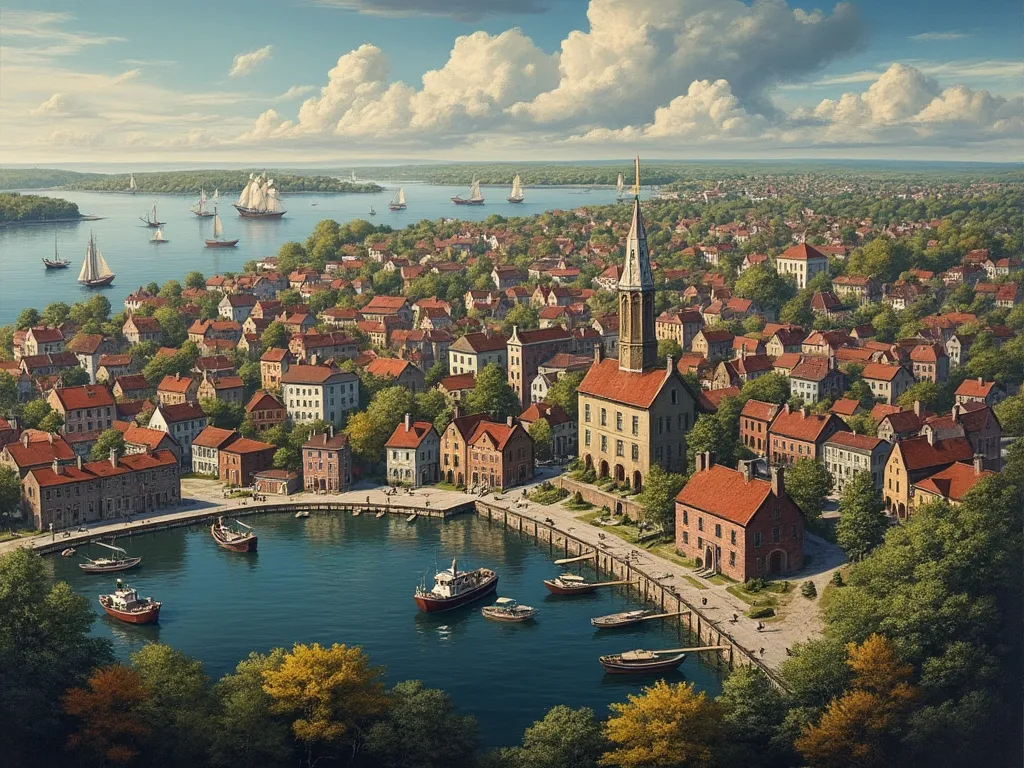 Jamestown
Jamestown
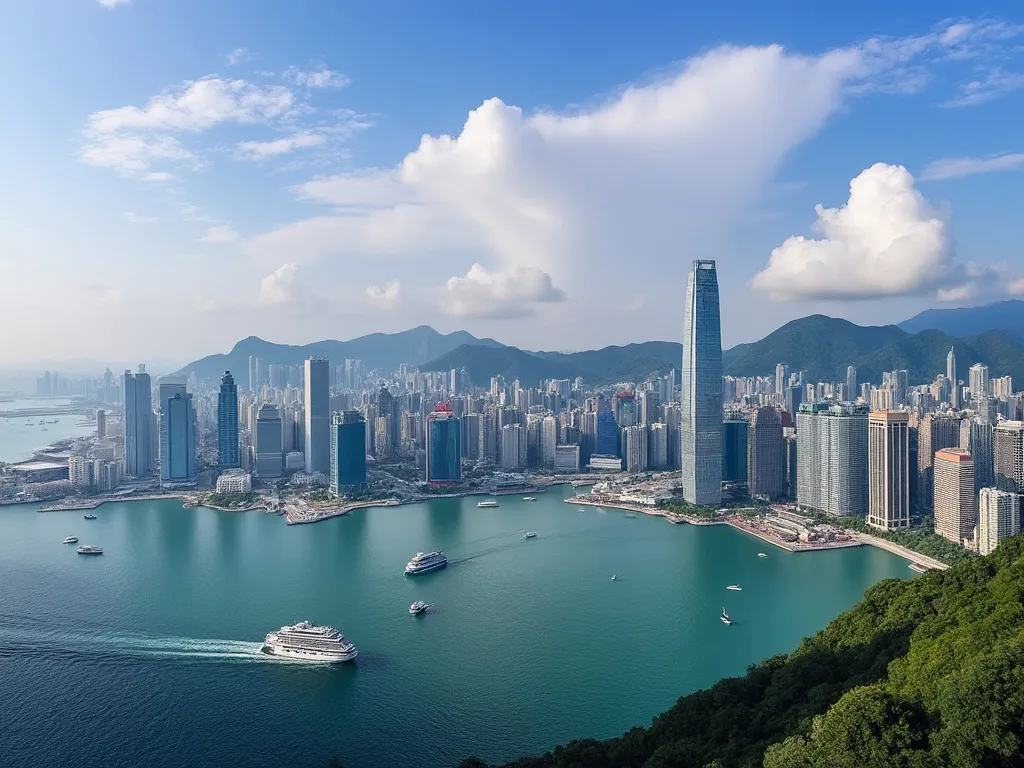 Hong Kong
Hong Kong
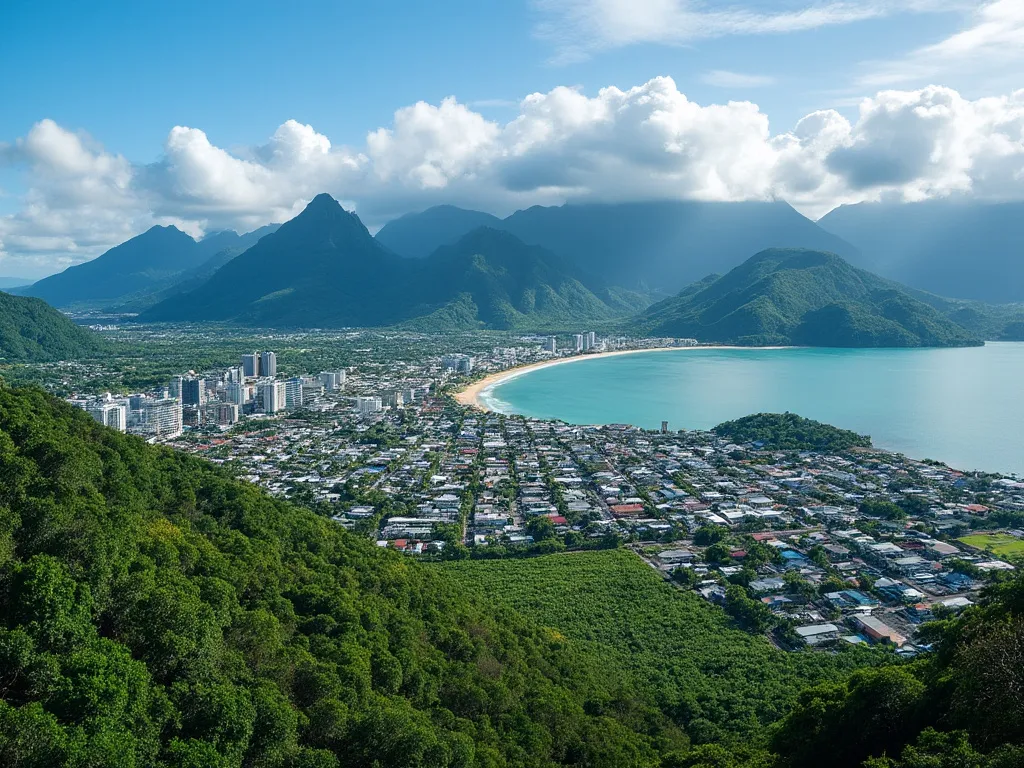 Honiara
Honiara